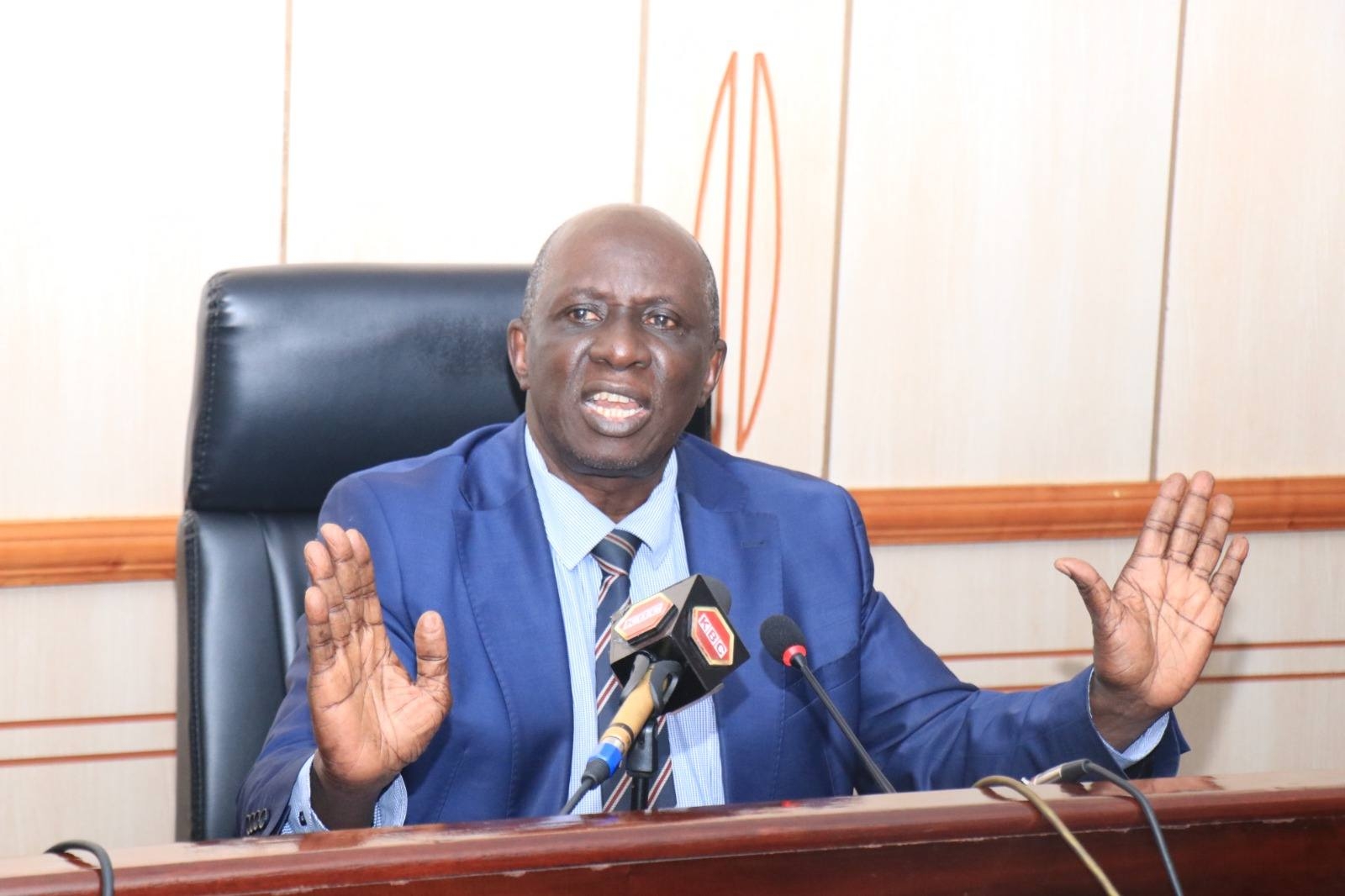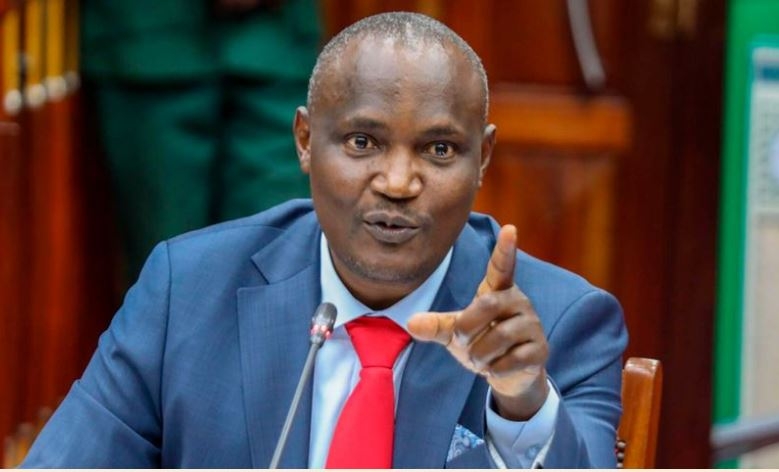A day after the Kenya Kwanza leaders agreed to drop some of the contentious clauses in the Finance Bill, 2024, the focus now shifts to the National Assembly.
A major showdown is expected today on the floor of the House between the opposition and the ruling administration as the debate commences.
Finance committee chairperson Kuria Kimani on Tuesday tabled the report and the bill which has several amendments.
The Bill was first introduced in the House on May 13, with the clerk only reading the title of the Bill.
At this stage, no debate took place.
It was then referred to the relevant Departmental Committee for consideration which in turn facilitated public participation through public hearings, consulting relevant stakeholders and experts.
This process was concluded on June 12 before the committee retreated to write a report based on the views it received.
During today’s sitting, the Bill will be moved by the sponsor and seconded by any member.
This is the stage known as the second reading where members will have an opportunity to debate the bill clause by clause depending on the report presented in the House.
After the debate, the proposer of the bill responds to any issues raised by the members of the house.
Being a money bill, the bill is the sole function of the National Assembly and does not require the concurrence of the Senate like in other bills.
The MPs will then take a vote where if more MPs are in favour of the vote, it moves to the next stage which is the Committee of the Whole House.
This is the stage, where any proposed amendments to the Bill are considered and a vote is taken on each.
The committee of the whole house then approves clauses with or without amendments before a report is sent to the House seeking approval.
If it is approved, it moves to the final stage which is the Third reading.
Here, no amendments are made and a final vote is taken.
If the MPs approve the Bill, the Speaker transmits it to the President for assent.
The President has 14 days, to assent to it or refer it back to the House with some reservations.













